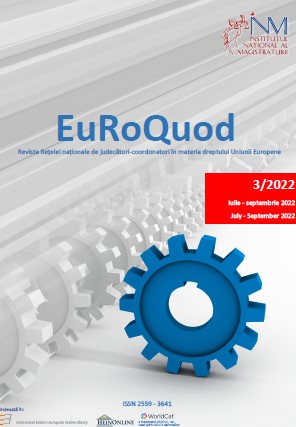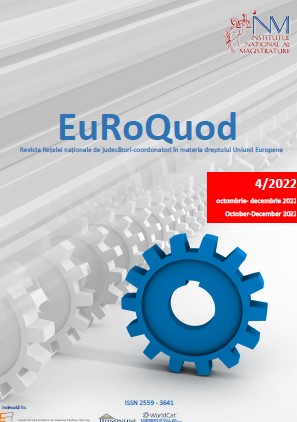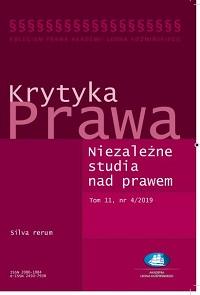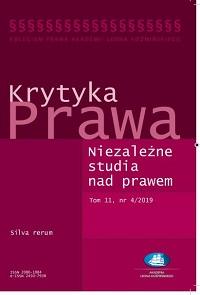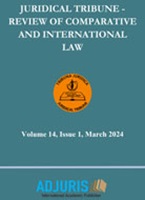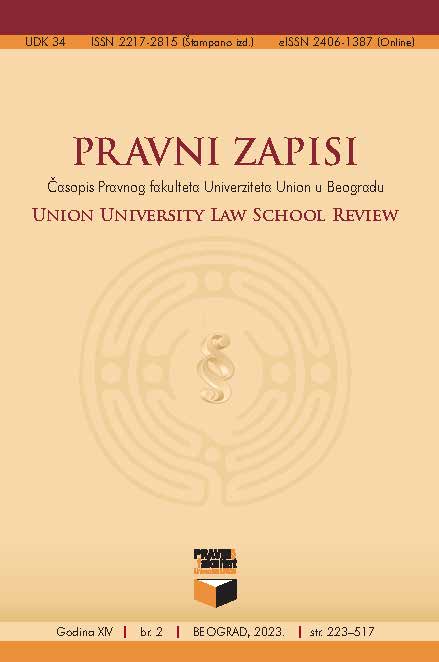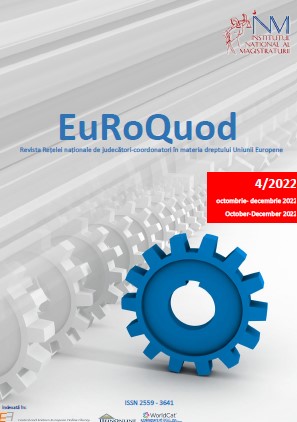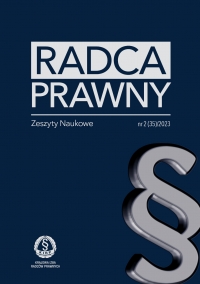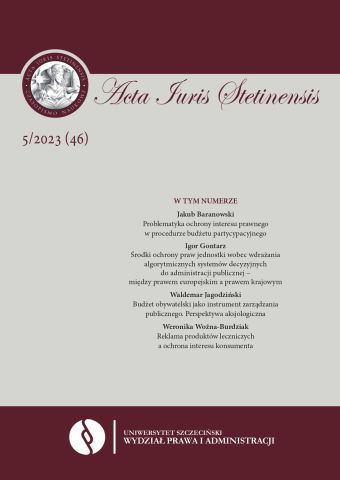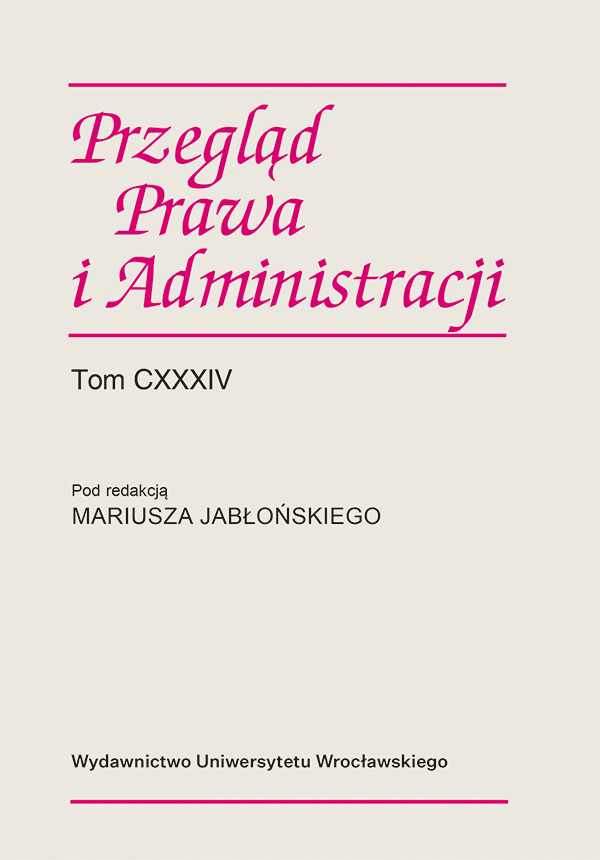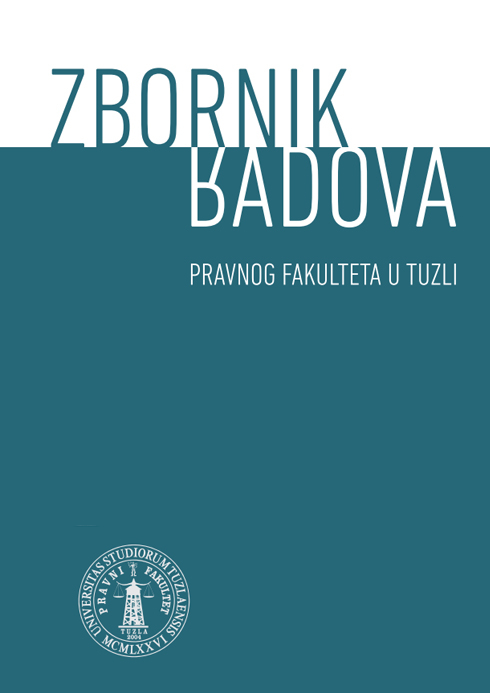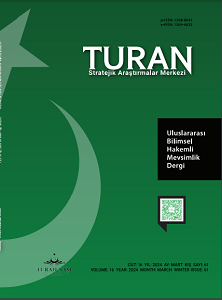
SINTEZE DIN JURISPRUDENŢA CJUE -Dreptul muncii
Article 2(2)(a), Article 4(1) and Article 5 of Council Directive 2000/78/EC of 27 November 2000 establishing a general framework for equal treatment in employment and occupation must be interpreted as precluding national legislation which imposes an absolute bar to the continued employment of a prison officer whose auditory acuity does not meet the minimum standards of sound perception prescribed by that legislation, without allowing it to be ascertained whether that officer is capable of fulfilling those duties, where appropriate after the adoption of reasonable accommodation measures for the purposes of Article 5 of that directive.
More...

